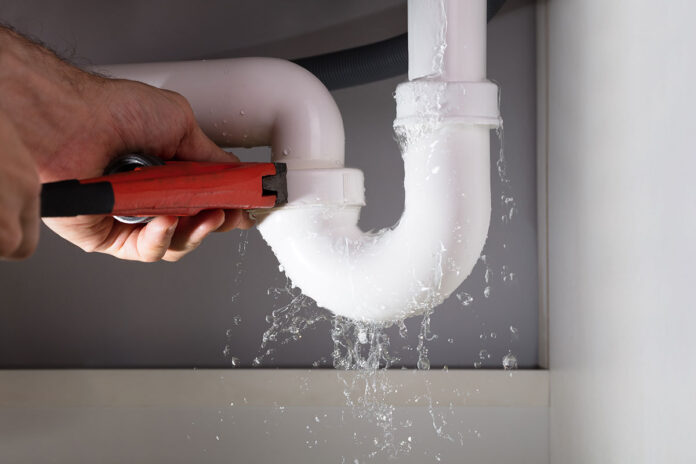We’ve all been there – standing in a slowly filling bathtub, or watching the kitchen sink take forever to drain. It’s a frustrating experience that most homeowners face at least once. But what causes these common drain problems? And how can they be fixed?
Causes of Drain Problems
Drain problems can stem from a variety of sources. Let’s dive into some of the most frequent culprits:
Grease Buildup
Ever poured leftover bacon grease down the sink? Grease can harden and stick to the walls of the drainpipes, narrowing the passageway. Over time, this can lead to significant blockages. Think of it like cholesterol in our arteries – not a good situation, right?
Foreign Objects
From kids’ toys to food scraps, foreign objects can unintentionally find their way into drains, leading to obstructions. Remember the time your child thought the toilet was a water slide for their action figures? Yup, that’s a problem waiting to happen!
Hair and Soap Residue
The dynamic duo of hair and soap often clings together, creating a sticky mass. As more hair and soap go down, the mess grows, slowing down the drain considerably. It’s like a net, catching even more debris as time goes on.
Tree Roots
Surprisingly, tree roots can infiltrate underground sewer lines. They’re attracted to the moisture and nutrients in the pipes. As they grow, they can cause blockages or even break the pipes. Think of them as nature’s unexpected invaders.
Symptoms of Drain Issues
So, how do you know if you have a drain problem?
Slow Drainage
The most obvious sign is water taking its sweet time to leave. It’s like trying to get through a crowded room – a slow and tedious process.
Foul Odors
Ever smelled something rotten coming from your drain? It could be trapped food or stagnant water. It’s essentially a warning sign telling you, “Hey, something’s not right here!”
Gurgling Sounds
Gurgling sounds can be an early indication of a clog. It’s the sound of trapped air, similar to a stomach growl, but for your pipes.
Prevention Tips
An ounce of prevention is worth a pound of cure, right?
Regular Cleaning
Regularly clean your drains with natural solutions like baking soda and vinegar. It’s like giving your pipes a refreshing spa day!
Using Drain Guards
Place drain guards over your drains. They act like goalkeepers, preventing unwanted debris from going down.
Avoiding Harsh Chemicals
Steer clear of chemical-laden drain cleaners. They can corrode your pipes. Would you wash your hands with acid? Probably not.
Professional Solutions
When DIY methods don’t cut it, it’s time to call in the pros:
Drain Snaking
This method involves a long, flexible tool that’s “snaked” down the drain to dislodge clogs. It’s the old-school, tried-and-true method.
Hydro Jetting
This uses high-pressure water to clear blockages. Think of it as a power wash for your pipes.
Conclusion
In life, and in drains, problems arise. But with knowledge, prevention, and the right tools, those common drain problems can be addressed. So, the next time your sink is acting up, you’ll know just what to do!
FAQs
What’s the safest way to clean my drains?
Natural methods, like baking soda and vinegar, are both effective and safe for your pipes.
How often should I clean my drains?
Once a month is a good rule of thumb, but it depends on usage.
Can tree roots really damage my pipes?
Absolutely. Over time, they can cause significant blockages and even break the pipes.
Is it okay to use boiling water to clear a drain?
Boiling water can help break down some minor blockages, but be cautious as it might not solve bigger issues.
Why do drains smell bad sometimes?
Bad odors can be due to trapped food, stagnant water, or even sewer gases.



















